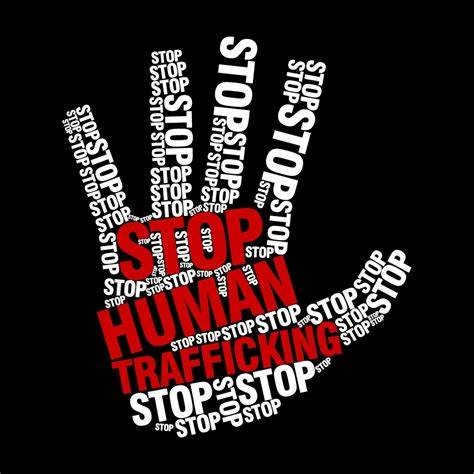The General Directorate of Criminal Investigation and Evidence, in collaboration with the Sunni Endowments Administration, recently held a workshop focused on combating human trafficking in Bahrain. This event aimed to raise awareness about the critical need to address human trafficking crimes and enhance Bahrain’s ongoing efforts in this field. During the workshop, His Eminence Dr. Shaikh Habib Al-Namliti, Head of the Research Group at the Sunni Endowments Administration, delivered a keynote speech titled “The Role of the Tolerant Islamic Sharia in Combating the Crime of Human Trafficking.”
Dr. Shaikh Al-Namliti emphasized that Bahrain’s Constitution and laws, which are derived from Islamic Sharia, explicitly prohibit human trafficking and exploitation. He highlighted that human trafficking undermines human dignity and results in significant moral, economic, social, and psychological harms. The necessity of addressing human trafficking by understanding its causes, recognizing its forms, and criminalizing its practice was also stressed by Dr. Shaikh Al-Namliti. Additionally, he underscored the importance of upholding contracts, treating workers with respect, and ensuring that workers are not overburdened.
The workshop served as a platform to educate participants about the various aspects of human trafficking and the measures that can be taken to combat this crime effectively. Participants were able to gain insights into the underlying causes of human trafficking, the different forms it takes, and the detrimental impact it has on individuals and society as a whole. By focusing on prevention, detection, and prosecution of human trafficking crimes, Bahrain aims to strengthen its efforts in combating this global issue.
Dr. Shaikh Al-Namliti’s speech highlighted the role of Islamic principles in combatting human trafficking, emphasizing the importance of adhering to ethical and moral standards in all aspects of life. Islamic teachings promote respect for human dignity, fair treatment of individuals, and the prohibition of exploitation and trafficking. By aligning legal frameworks with Islamic values, Bahrain seeks to create a society that upholds the principles of justice, equality, and compassion.
The workshop also emphasized the need for collaboration and coordinated efforts among government agencies, law enforcement authorities, civil society organizations, and religious institutions to effectively combat human trafficking. By working together and sharing resources, expertise, and best practices, stakeholders can strengthen their response to human trafficking and ensure better protection for vulnerable individuals. The workshop concluded with a call to action for all participants to play an active role in preventing human trafficking, protecting victims, and holding perpetrators accountable.
In conclusion, the workshop organized by the General Directorate of Criminal Investigation and Evidence and the Sunni Endowments Administration in Bahrain highlighted the importance of addressing human trafficking and the role of Islamic principles in combating this crime. By raising awareness, promoting education, and fostering collaboration, Bahrain aims to strengthen its efforts in preventing and prosecuting human trafficking crimes. Through a collective commitment to upholding human rights, dignity, and justice, Bahrain seeks to create a society that values and protects all individuals, free from exploitation and abuse.











